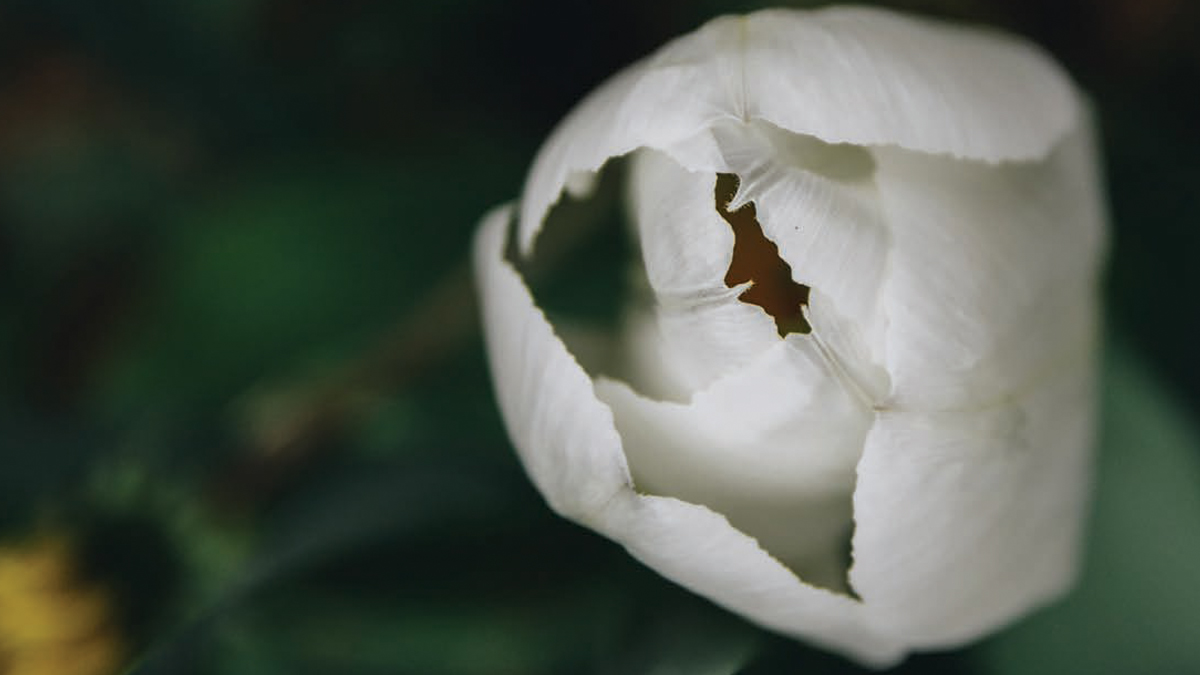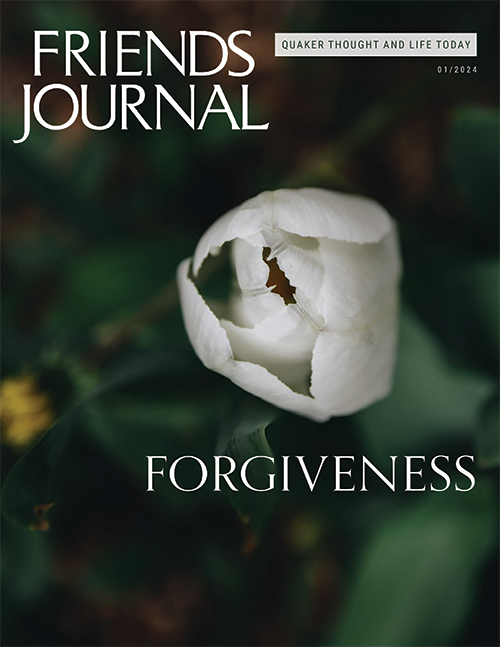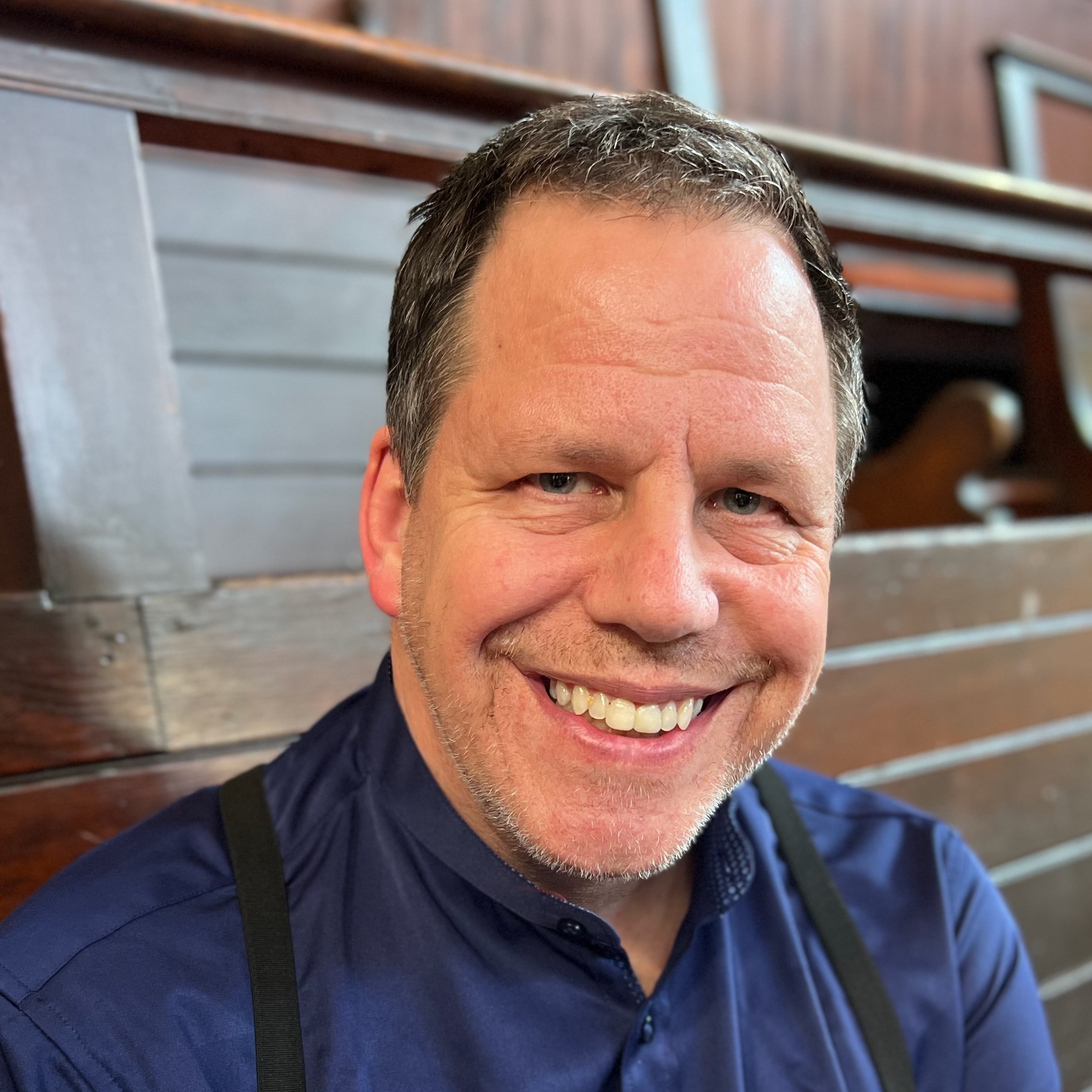It is all too easy to hold pain within ourselves. As we grow up, branch out, risk love and dreams, we find ourselves collecting disappointments, traumas, and regrets. Sometimes the places where we might expect to find unconditional love—with family, with partners—are those realms in which we experience the greatest pains.
As Friends, we have some models for forgiveness and mercy. The Inward Christ’s presence is sometimes described as “the Comforter,” and in a gathered worship we can sometimes feel anxiety and regret melt away in the quiet contemplation of First-day morning. In our work in the world, Friends have become accomplished forgiveness facilitators, working in the fields of therapy, mediation, and conflict resolution to bring together hurt parties and help them find ways to forgive, atone, and move on.
For this issue of Friends Journal, we asked what it means to forgive ourselves, our loved ones, and our neighbors. Are there any preconditions? Any limitations? We wanted to know what forgiveness does both to ourselves and to those who have been forgiven.
John Andrew Gallery begins with personal reflections on seeking God’s forgiveness and the forgiveness of others, including ourselves. I appreciate both his measured approach and his observation that we must find ways to extend unconditional love to everyone in our lives.
Welling Hall goes back in her own personal history to find a way to both bless and forgive her deceased mother, who suffered from what we would now recognize as bipolar disorder. A focus on happy memories, combined with the chance recovery of a letter written as a six-year-old, leads to a kind of healing and reconciliation.
The story that Albert Bellg shares also begins in trauma, in an armed mugging that took place many years ago. A practicing psychologist himself, Bellg held onto the fear and pain until, rather remarkably, the morning he started worshiping with Friends. It was at his first meeting for worship that he found a way to finally forgive his attackers.
Another psychologist looks at the guilt we carry with us. Lindsay-Rose Dunstan talks about acknowledging the harms we have done and the surprising effects of hitting rock bottom. “The pavement was there to remind me I could stop. My bones left a crack in it so light could get in. That light first gave me courage, then showed me the blood on my hands.”
Finally, Pamela Haines looks outside herself to reflect on how forgiveness and reconciliation work on the political and legal stage. She examines civil wars in Africa, crushing medical debts at home, and the need to develop a more robust commitment to restorative justice both at home and around the world.
I hope this first issue of 2024 gives you some hope, inspiration, and tools to find peace within yourself and with your loved ones and neighbors.





Are chance and luck a way of not acknowledging God trying to reach us and bless us with miracles?